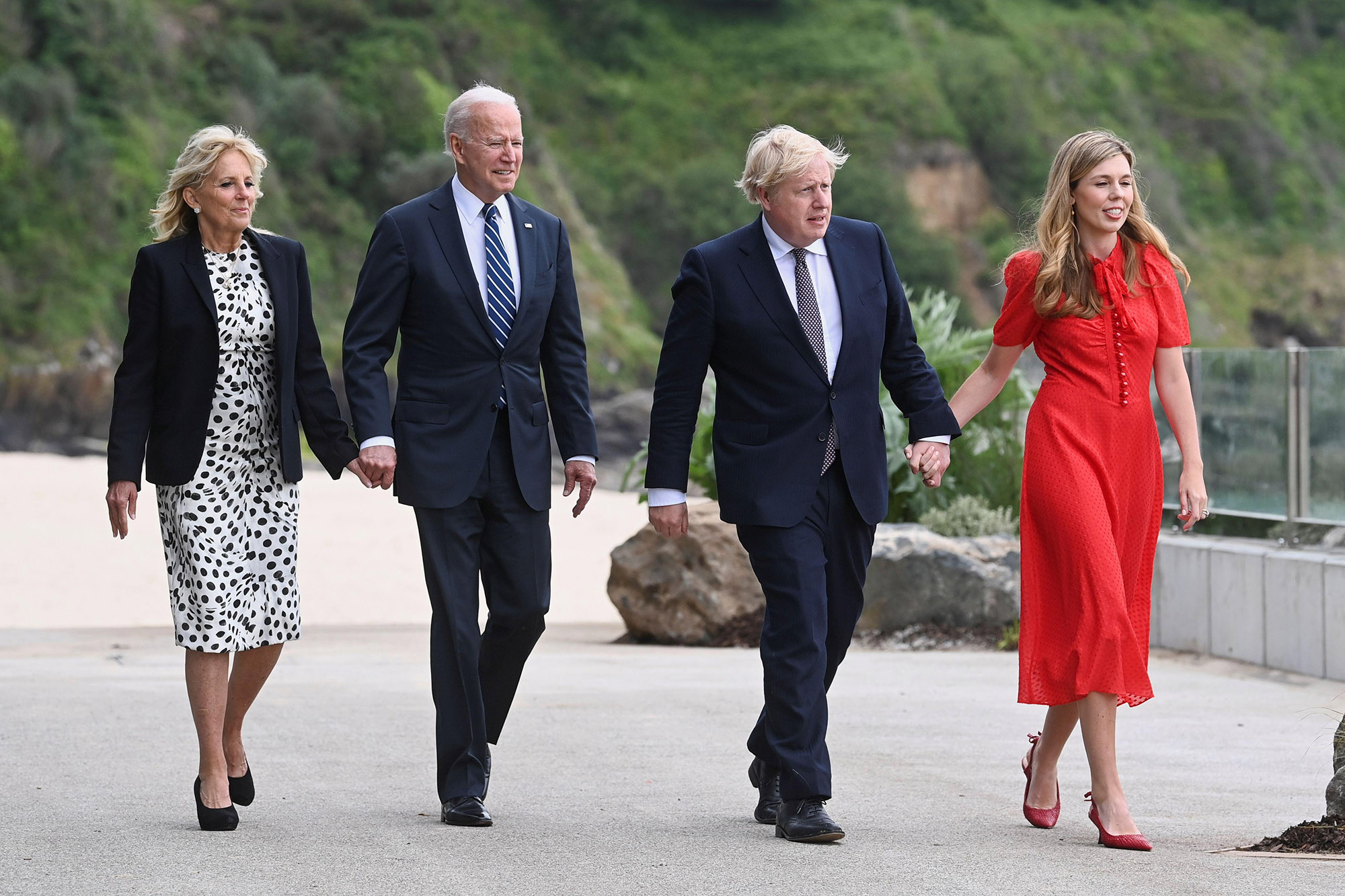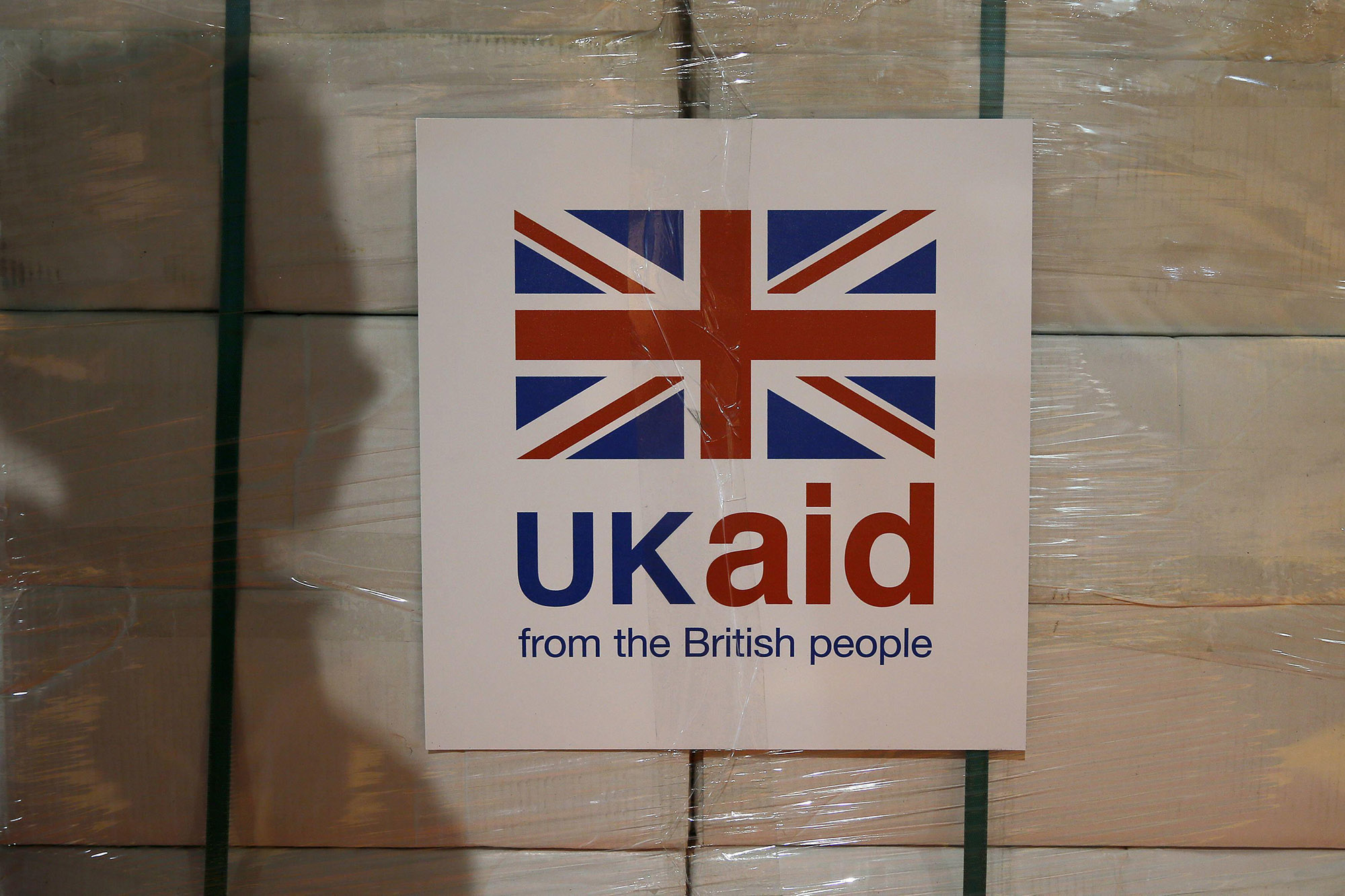G7 Nations Pledge To Donate One Billion Vaccines To Developing Countries By Next Year
Boris Johnson announced the G7 nations had agreed to contribute over 1 billion doses by next year
4 min read
G7 leaders have pledged to donate one billion vaccines by June 2022, but have faced criticism the scale of the programme will not end the pandemic.
Prime Minister Boris Johnson announced the plans as he insisted the G7 countries were doing "everything we can to distribute vaccines as fast as possible."
President Joe Biden announced on Thursday that the US would contribute 500 million doses to the project, with the UK providing a further 100 million surplus jabs.
But in a final agreement document it was revealed that just 870 million doses would be contributed directly, with the further 230 million being provided via financial support to the World Health Organisation-backed COVAX programme.
"Recognising the urgent need to speed up delivery of doses, we are committing to share at least 870 million doses directly over the next year," the communique said.
"We will make these doses available as soon as possible and aim to deliver at least half by the end of 2021 primarily channelled through COVAX towards those in greatest need.
"Taken together, the dose equivalent of our financial contributions and our direct dose sharing mean that the G7's commitments since the start of the pandemic provide for a total of over two billion vaccine doses."
The group also said they would continue to work with the private sector, the wider G20 group and other countries in a bid to increase the contributions further. But the commitment has already come under severe criticism for its lack of ambition, with former prime minister Gordon Brown saying the three-day summit would be remembered as an "unforgivable moral failure".
But the commitment has already come under severe criticism for its lack of ambition, with former prime minister Gordon Brown saying the three-day summit would be remembered as an "unforgivable moral failure".
Pointing to a WHO analysis which claimed around 11 billion doses would be required to end the global pandemic, he added: "I think this summit will also go down as an unforgivable moral failure, when the richest countries are sitting around the table with the power to do something about it."
Speaking ahead of the final publication of the group's agreement, he said it appeared there was a "huge gap" between Boris Johnson's earlier pledge to secure "concrete commitments" from leaders to create a plan to vaccinate the "entire world" by the end of 2022.
"We're not prepared to put up enough money to deal with problems that the world faces, even when the benefits in extra economic activity if the world gets back to growth and trade far outweigh the costs of doing this," he told Sky News on Sunday.
"And so Boris Johnson really has got to think, 'are we to leave this problem to the G20 next year or the year after', because on the basis of the evidence I see, the whole world will not be vaccinated by the middle of 2022.
"It will take months before the world gets back to discussing this again in the most coherent way. We need a plan – we don’t have yet a plan."
Meanwhile, Kristalina Georgieva, managing director of the International Monetary fund said while the pledge was welcome that more needed to be done.
"This is a moral imperative, but it is a necessity for the economic recovery to stick because we can’t have the world split into two tracks without negative consequences," she said. And UN head Antonio Guterres said of the plan: "We need more than that.
And UN head Antonio Guterres said of the plan: "We need more than that.
"We need a global vaccination plan. We need to act with a logic, with a sense of urgency, and with the priorities of a war economy, and we are still far from getting that."
But speaking at a press conference following the end of the summit, Johnson said the commitment was "another big step towards vaccinating the world".
"Don't forget, these vaccines have only come on stream very recently. And already, of the 1.5 billion vaccines that have contributed around the world, I think people should be very proud that half-a-billion of them are as a result of the actions taken by the UK government," he said.
He added: "We are doing everything we can to contribute vaccines as soon as possible."
"We are going flat out, and we are producing vaccines as fast as we can and distributing them as fast as we can.
"Clearly there is much more to do. We set a target to vaccinate the world by the end of next year, and it will be done very largely thanks to the efforts of the countries that have come here today."
